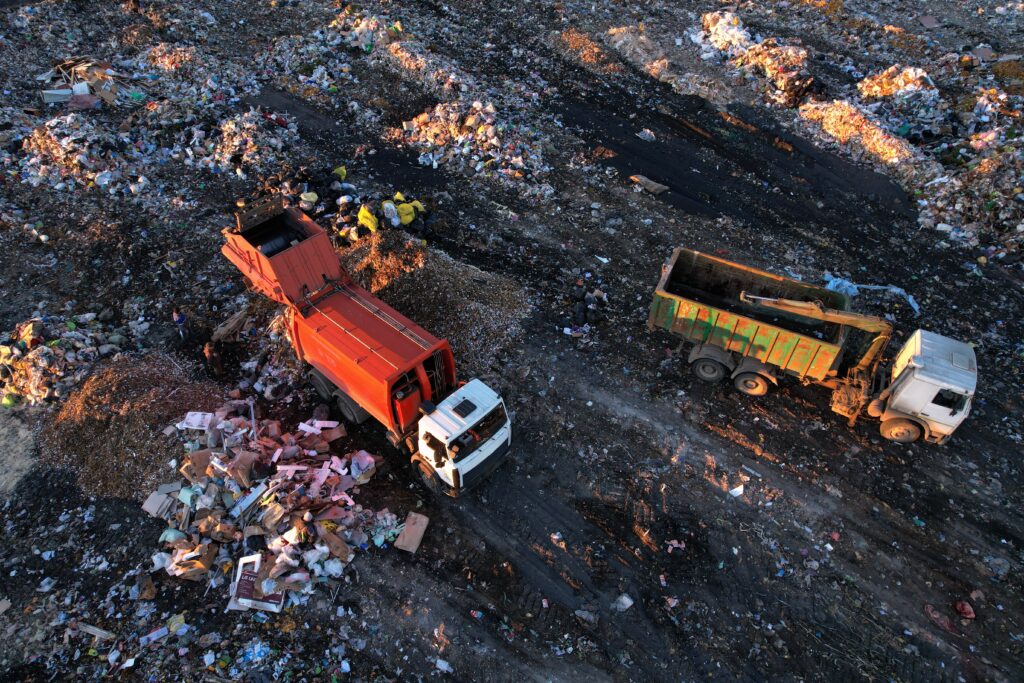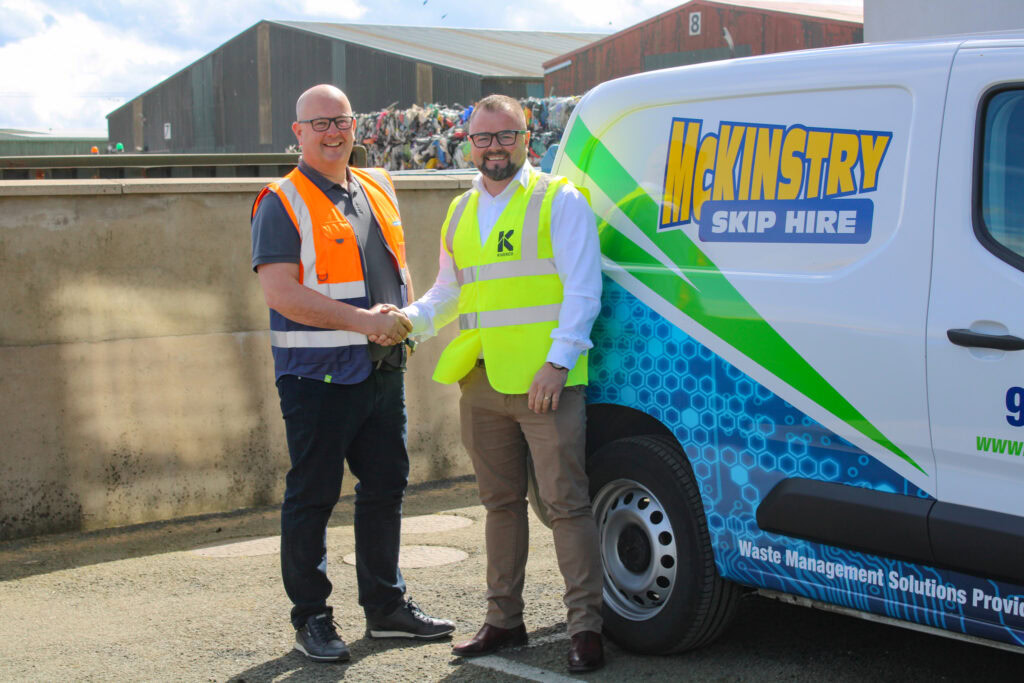Swindon Commercial Services (SCS) a wholly-owned subsidiary of Swindon borough council is developing the plant to treat 48,000 tonnes of household, commercial and industrial waste per annum. The facility, located as SCS’s existing recycling centre site on the Cheney Manor Industrial Estate in Waterside Park, will separate a number of materials from the waste, including metals, before producing a refuse derived fuel (RDF) and a solid recovered fuel (SRF).
SCS provides waste and recycling collection services for Swindon borough council and also operates a recycling centre on behalf of the council at the Waterside Park site.
The RDF plant is being developed because the landfill site used in Swindon is expected to be full by 2016, and as a result SCS is seeking further options including the RDF facility to divert waste from landfill.
In December 2012, council cabinet members agreed to offer an eight-year loan at a market rate to SCS to develop the RDF facility, with potential for a two-year extension. The facility was granted planning permission in February 2013 and is part of the councils aim to increase recycling rates in Swindon from its current 50% to 60%.
After a procurement process which saw five firms in the running for the contract, SCS chose Canadian firm Machinex to provide custom made sorting equipment for the facility, which is due begin processing municipal solid waste from Swindon householders when it is completed in autumn 2013.
Technology
The Machinex system will segregate a variety of materials, which will first go through a shredder before the fine particles are removed by a trommel. The firm said that ferrous and non-ferrous metals will be sorted using a range of magnets, while a heavy-light separator will remove the heavier material and a secondary shredder will ensure that the material complies with SRF and RDF standards of 30mm or smaller.
‘Machinex has developed similar facilities during the past year in United Kingdom and that demonstration of our expertise contributed to establishing confidence in the equipment.‘
Jonathan Menard, project director, Machinex
According to Machinex, SRF standards require between 15% and 20% moisture content, so the firm will dry the material in a rotating drum dryer which will also recover 70% of the initial air. The exhaust air from the system will then be treated to remove contaminants before being discharged.
A reversible conveyor will also allow the operator to either send bulk material loose on a vehicle or send it to a baler to be wrapped in plastic film.
Sean Magee, head of waste solutions at SCS, said a procurement process was underway for a separate contract to take the RDF and SRF, with seven bidders currently in the running. He said a decision was expected on the successful bidder between the end of May and early June 2013.
Commenting on the deal, Mr Magee said: After a rigorous procurement process, SCS concluded that Machinex has the technical ability to deliver the kind of system we require. Machinex has perfectly identified our needs and resources by offering us a reasonable approach that respected the limitations of the building and our budget.
Jonathan Menard, project director at Machinex says: “Machinex has developed similar facilities during the past year in United Kingdom and that demonstration of our expertise contributed to establishing confidence in the equipment right at the onset of the project.”
In April, Machinex was also chosen to design, manufacture and install two custom-made sorting systems at Shanks Waste Management’s residual waste treatment facility in South Kirkby, Wakefield. The South Kirkby systems are due to be completed in 2015 (see letsrecycle.com story).







Subscribe for free